First impressions of Koiari and Orokaiva villages along the Kokoda Trail give little hint of the complex relationships that exist within. The simple life of building, gardening, cooking, nurturing, teaching and healing is underpinned by the complexities of clan relationships and the influence of missionary pastors, traditional lululais’ and sorcerers.
Elders maintain their distance and examine trekkers with furrowed brows and quiet curiosity as they arrive, collapse, rest, hand out a few balloons, ask a few shallow questions, shake hands, and wave goodbye. Most elders speak Motu, some speak Tok Pisin, but their English is often poor or non-existent. This limits their communication to friendly smiles and a wave of the hand. But mostly they just look.
Village children are not inhibited. Their natural curiosity brings them into close contact with trekkers. Their English is good enough for basic conversations and there is much giggling and game playing.
Teenagers are half-way between. They are shy but will come together to greet trekkers and can be easily convinced to sing. Angelic voices in perfect harmony are much appreciated by trekkers who are usually too embarrassed to respond with anything more than a few bars of Waltzing Matilda!
The most moving demonstration of the depth of clan relationships is the mourning of the loss of a loved one. Family and friends trek in from nearby villages and gather at the home of the deceased family. The coffin is draped with a sheet, decorated with flowers and candles are placed on and around it. The mother sits silently beside it. The father sits with the men. Kinfolk from the clan gather together and roll out a mat. Then they sing. The melancholy mood of the clan is uplifted in perfect harmony as the sound of beautiful hymns permeates through the darkness of the village.
In the early hours of the morning the wailing begins. Voices seem to be pleading with God to let him or her stay. Women cry. Men raise their voices in ever increasing crescendos. Children weep openly and call out his or her name. It is unsettling for the visitor who now feels like an intruder among the grieving.
Then all of a sudden it’s silent. Deadly silent. Nobody moves. Bright stars one can almost touch are the only feature one can see in the silence of the darkness.
I am trekking with a group of young surfies from Cronulla, some young Muslims from Bankstown and a couple of young ‘angels’ from Port Moresby Grammar School. They ask if it would be OK to say a prayer before we move off. We pay our respects to the family and in turn a Christian blessing, an Arabic song and a Pidgin prayer gives comfort to the gathered clans. If there is such a thing as the magic of human harmony we have just experienced it. We are as one with each other and with the grieving clans in Efogi.
Our Koiari and Orokaiva guides come from villages along the Trail. They have filtered among the gathering to share their grief. They pick up our packs and silently move off behind us.
It is a poignant reminder of the comforting strength of family/clan life. We now feel much closer to our guides and try to work out how best we can help them after we return to our homes in the land of plenty.
The villagers have been largely unaffected by the emerging interest in Kokoda and the increase in trekker numbers from a handful in the 1990s to around 6,000 in 2008. They know there is a lot of money around somewhere. They know the trekkers pay a fee of $100 each to trek Kokoda. They wonder where it all goes to because virtually nothing gets through to them. They would like to know who is coming to their village and when they will be arriving. They would like to be able to ‘value add’ but they don’t know how – and nobody has turned up to teach them. They would like help in improving their schools and their aid posts in a sustainable way. But they have been left to their own resources and the first signs of discontent are becoming apparent.
As we become more familiar with them they become more approachable. During our campfire chats they share their feelings through our guides. They want the children in the village to go to school. They want some medicine. They would like a radio.
Their demands are simple and achievable. We have started a ‘Yumi Helpim Pikinnini’ program. Our trekkers are provided with a list of school supplies, sporting gear, books that can be carried or flown into villages. Each trek group is allocated a pre-designated village and when they arrive, all the gear is laid out and presented to the children. This is the only way we can guarantee delivery in PNG!
Our trekkers love it because it makes them feel good. The village children love it because they have a regular flow of school ‘presents’. The elder like it because they see the beginning of shared benefits beginning to flow through.
PNG can be a difficult place to help. They face insurmountable social challenges in the land of a thousand tribes. They can be frustrating to deal with because they don’t see the value or urgency of things as we do (lucky them!). Corruption (as we understand it) seems to be part of their DNA!
But earn their respect and you will not meet a more loyal, gentle, helpful and pleasant group of people on this planet. They are the best trekking companions you will ever have in the jungle. They are the most hospitable of hosts in their villages. And they love and respect Australian trekkers today just as much as their fathers and grandfathers did yesterday.
It’s easy to keep going back – but we have to work harder and smarter in ensuring they receive shared benefits from the emerging trekking industry.
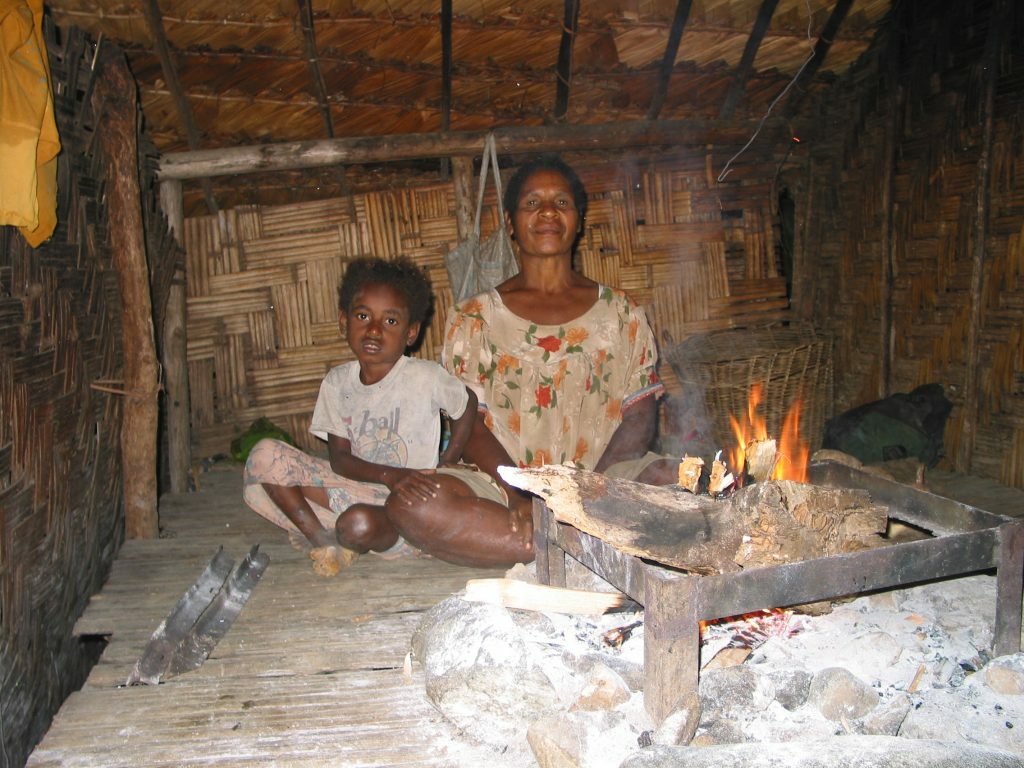
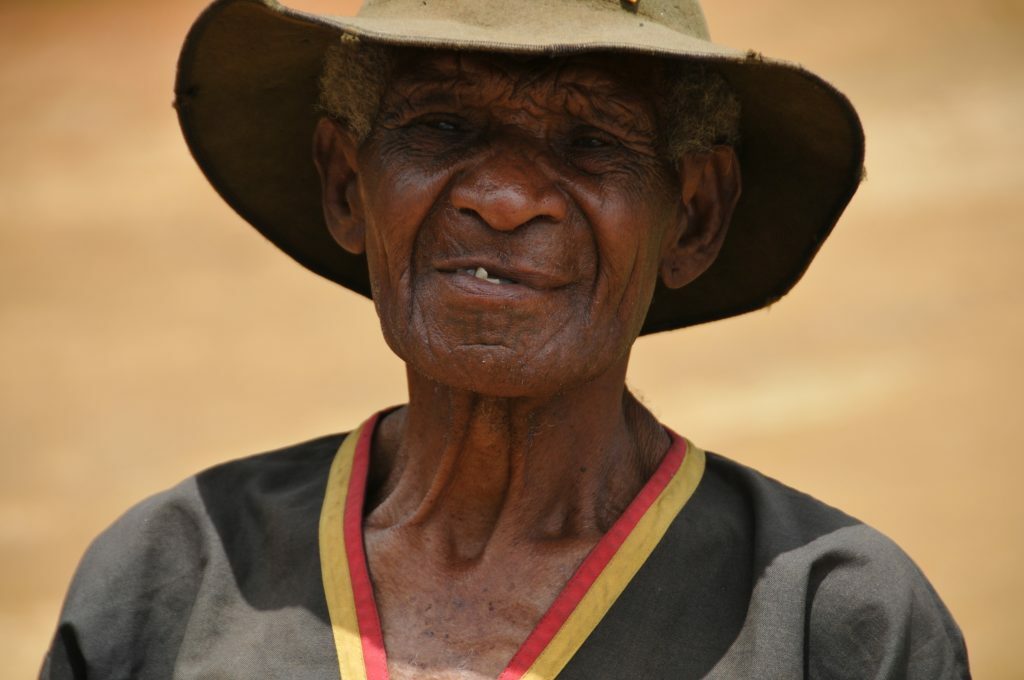
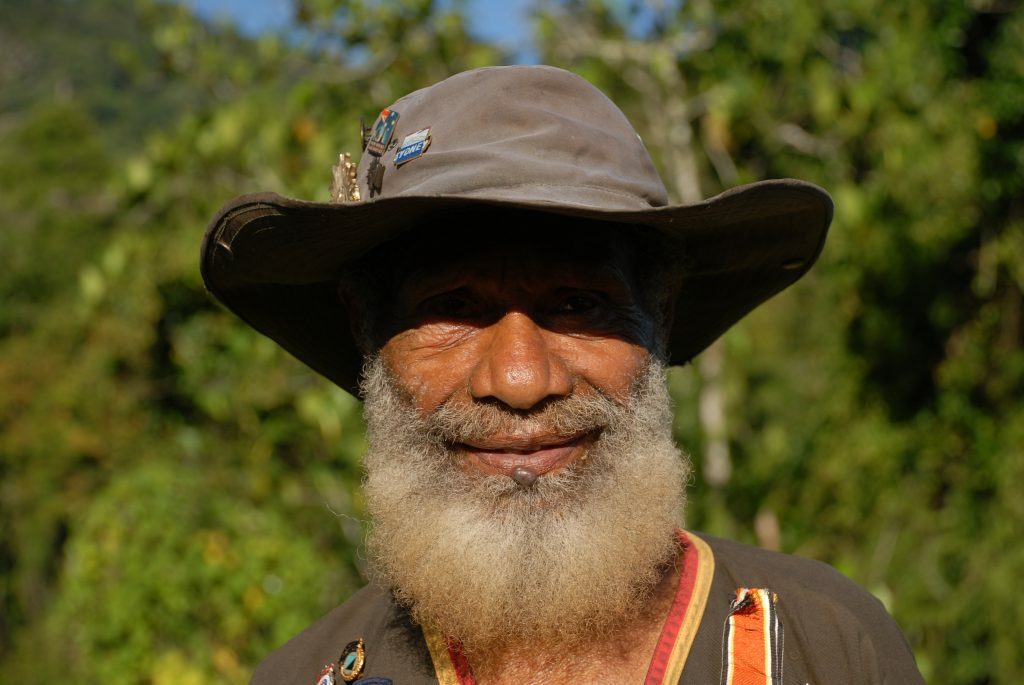
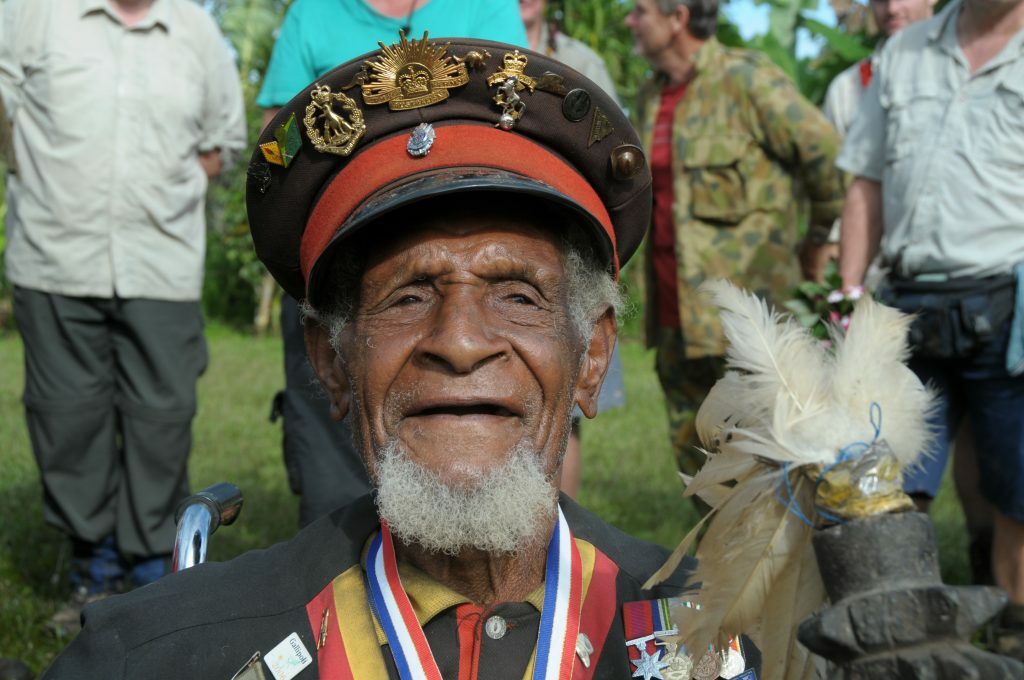
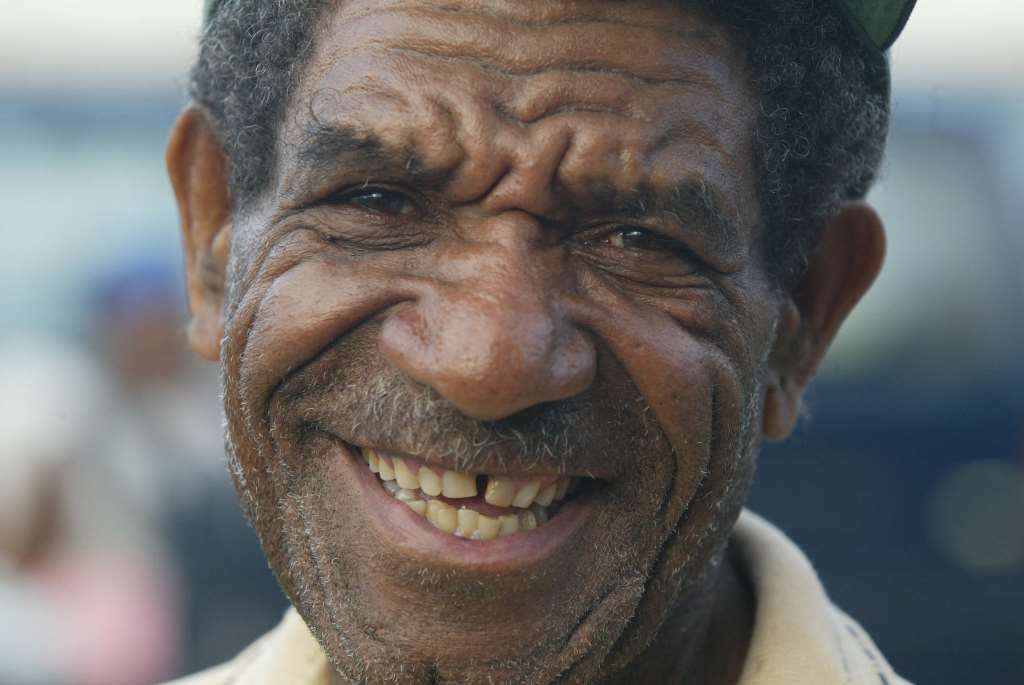
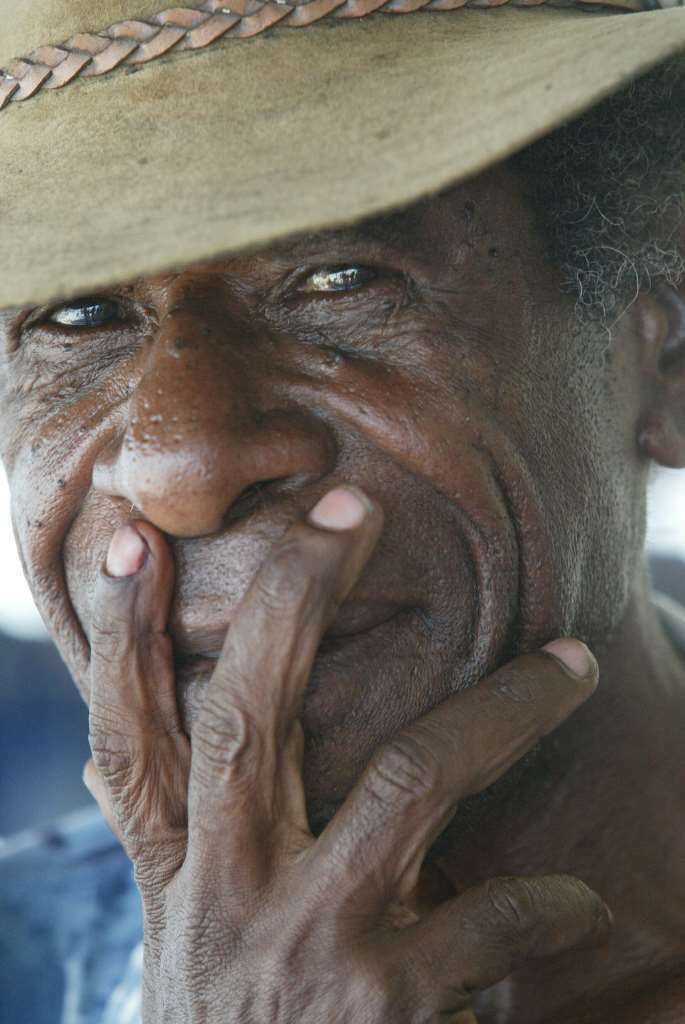
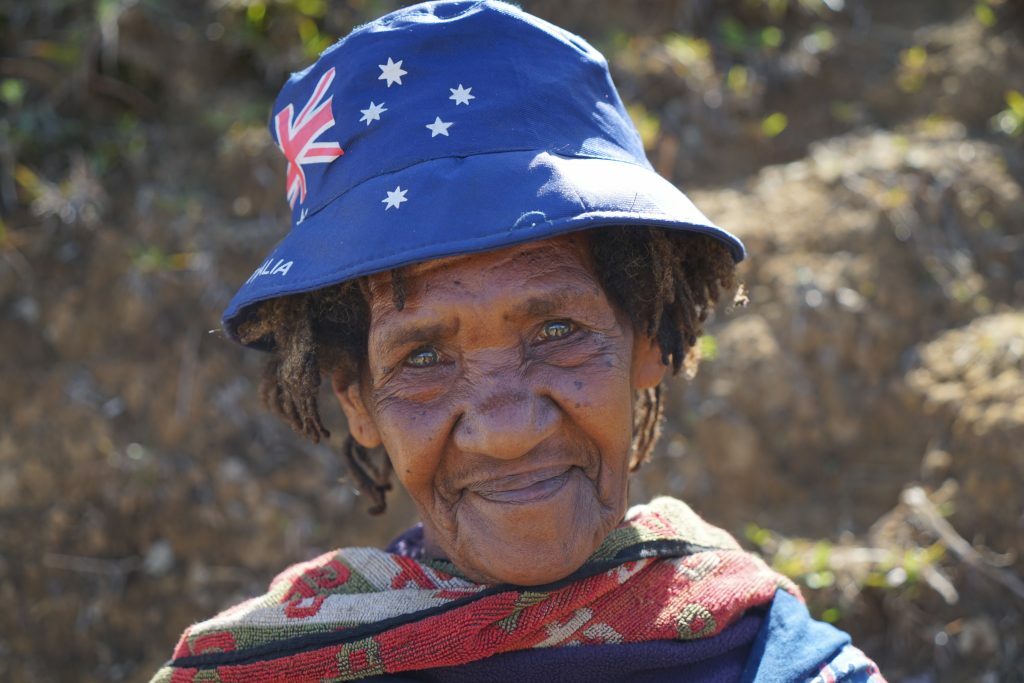
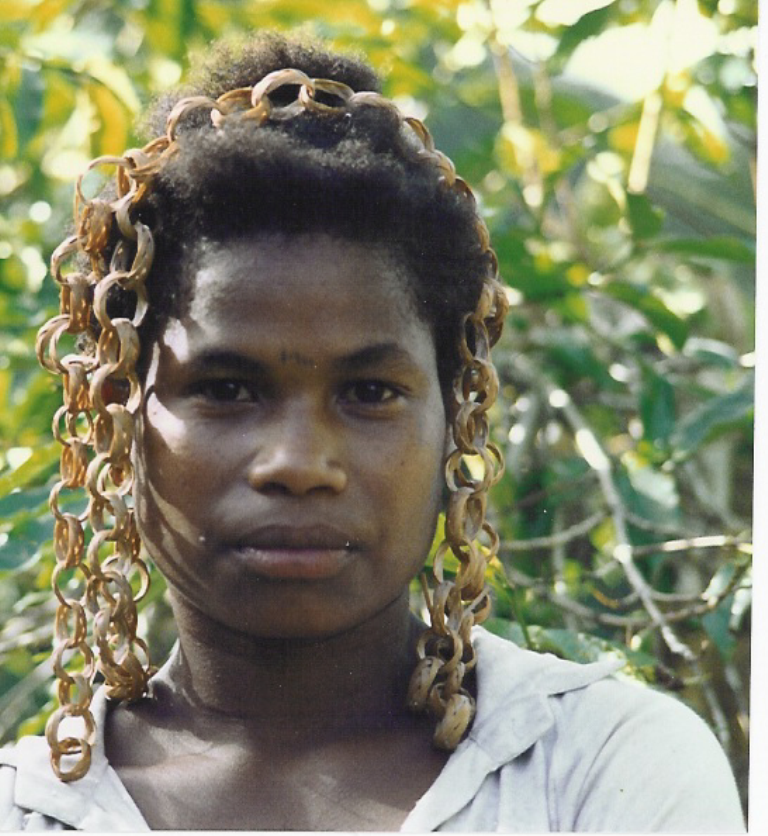
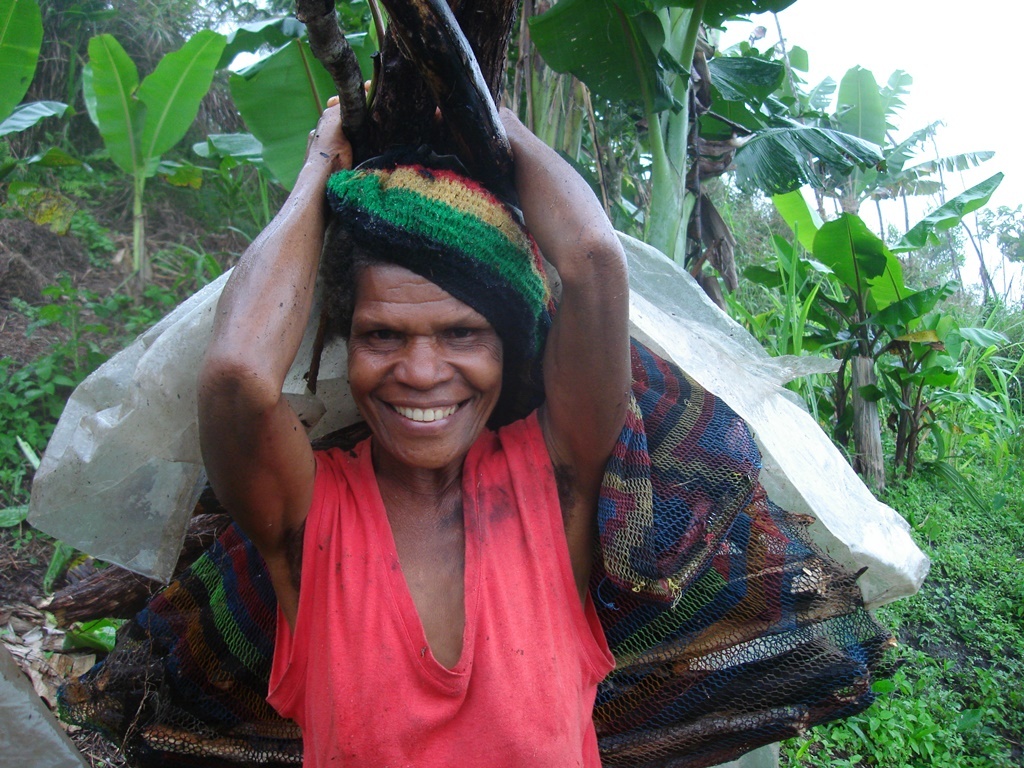
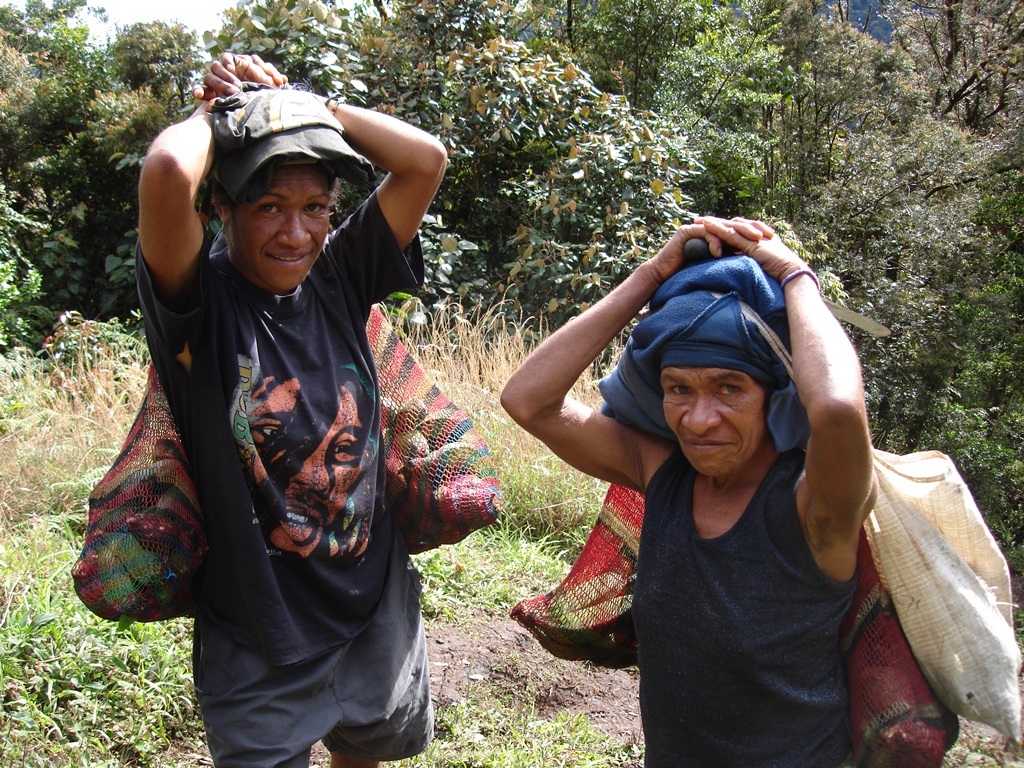
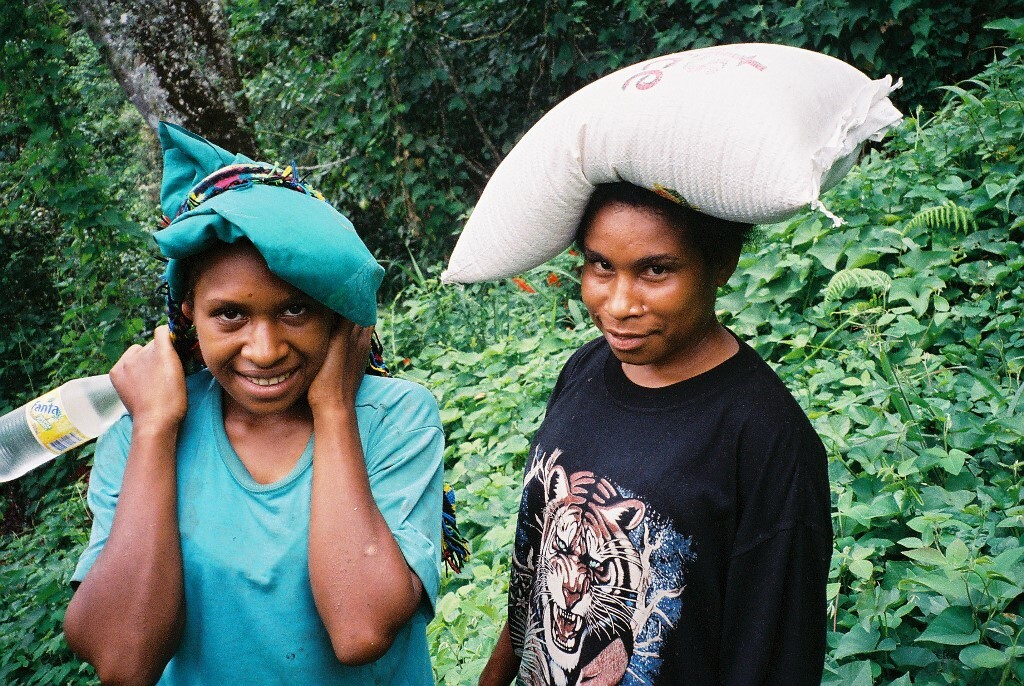
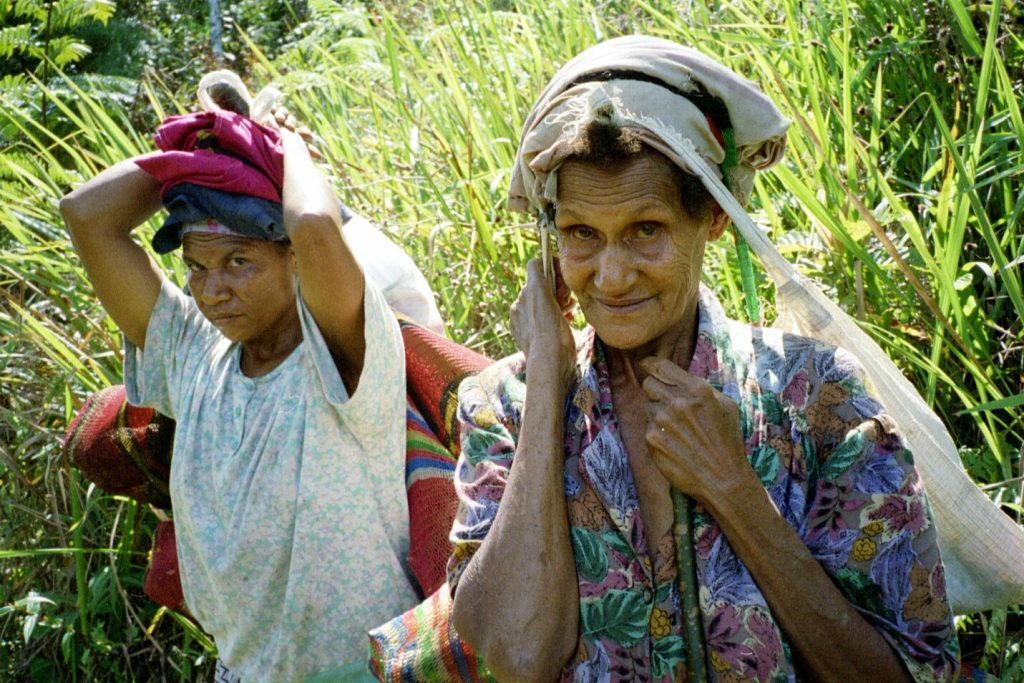
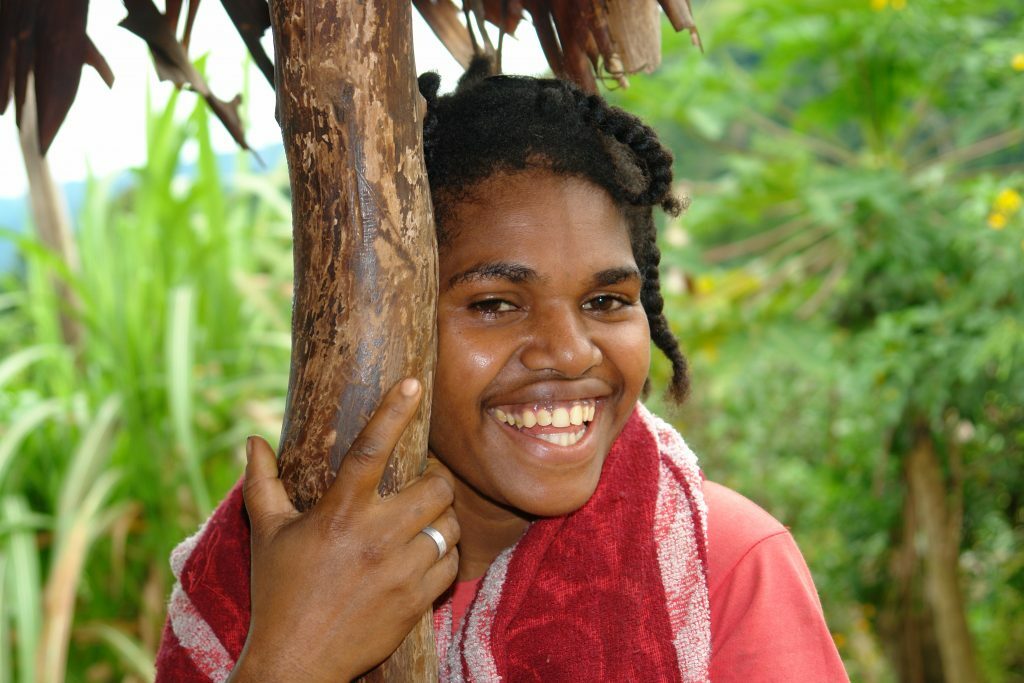
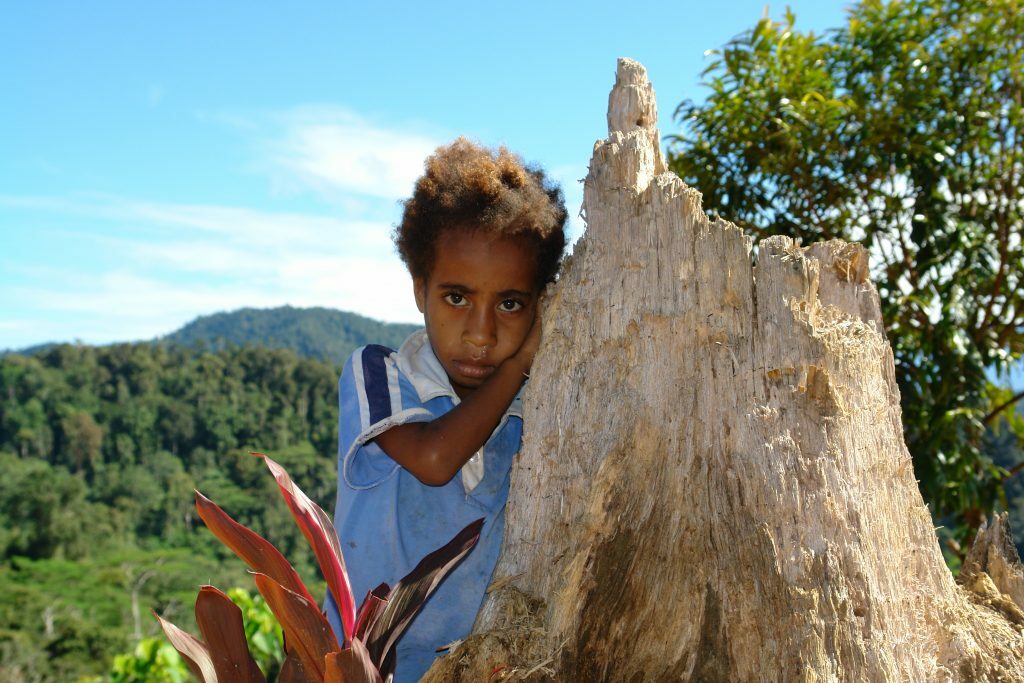
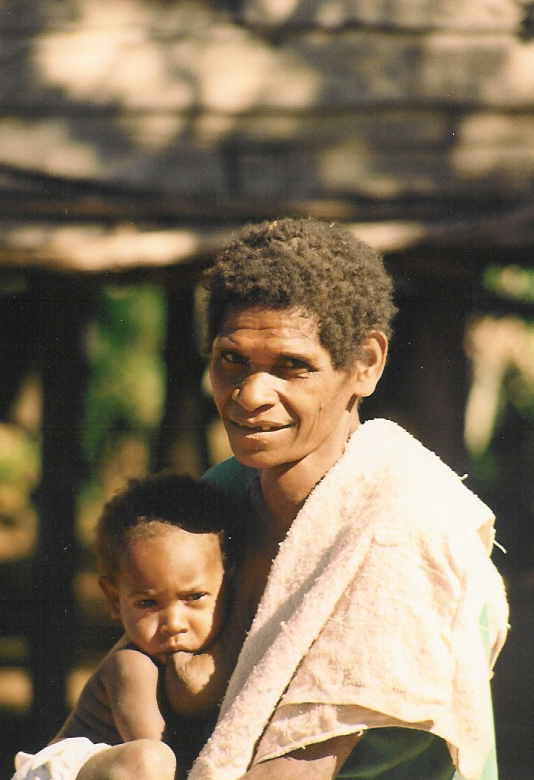
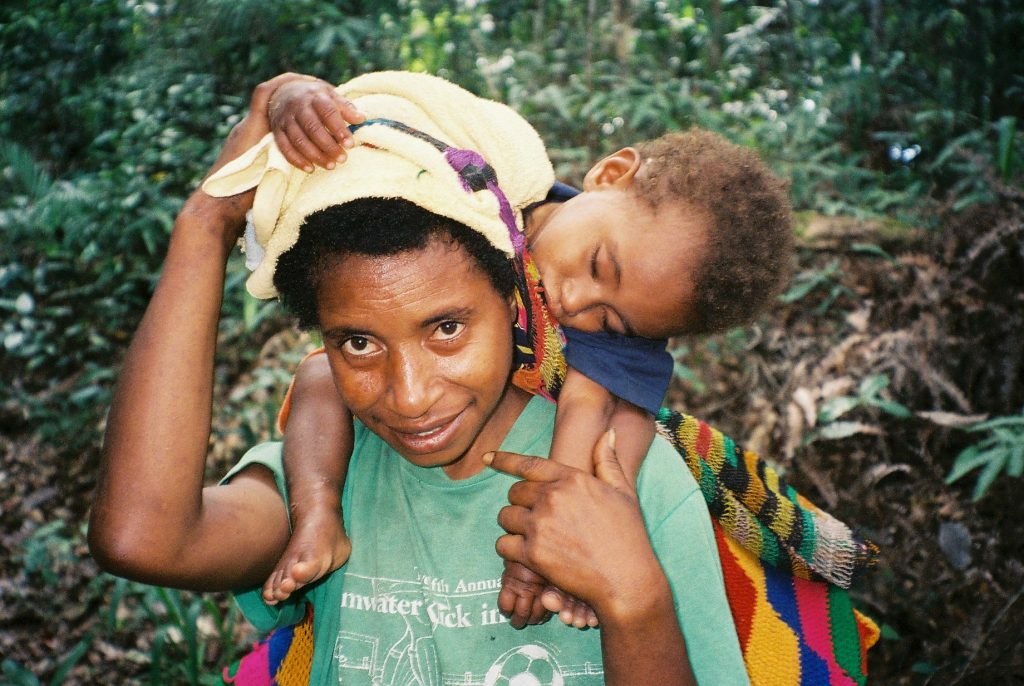
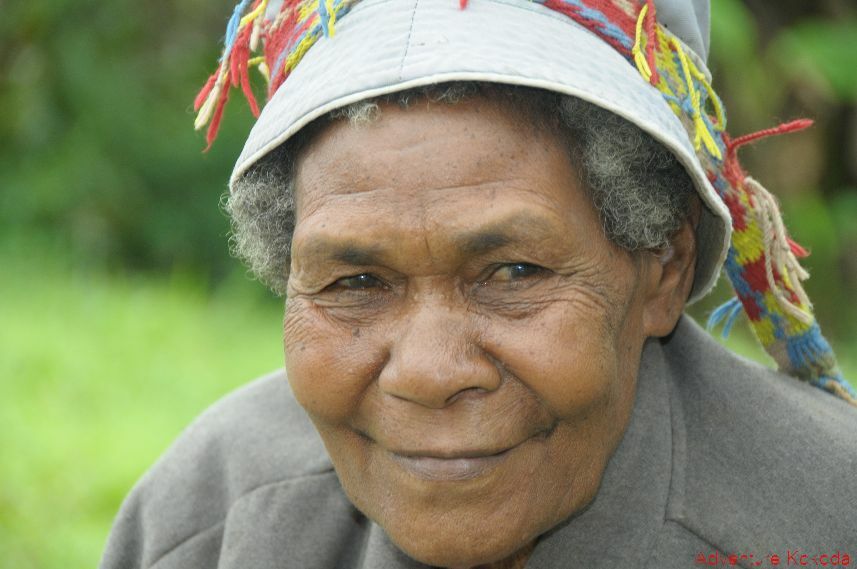
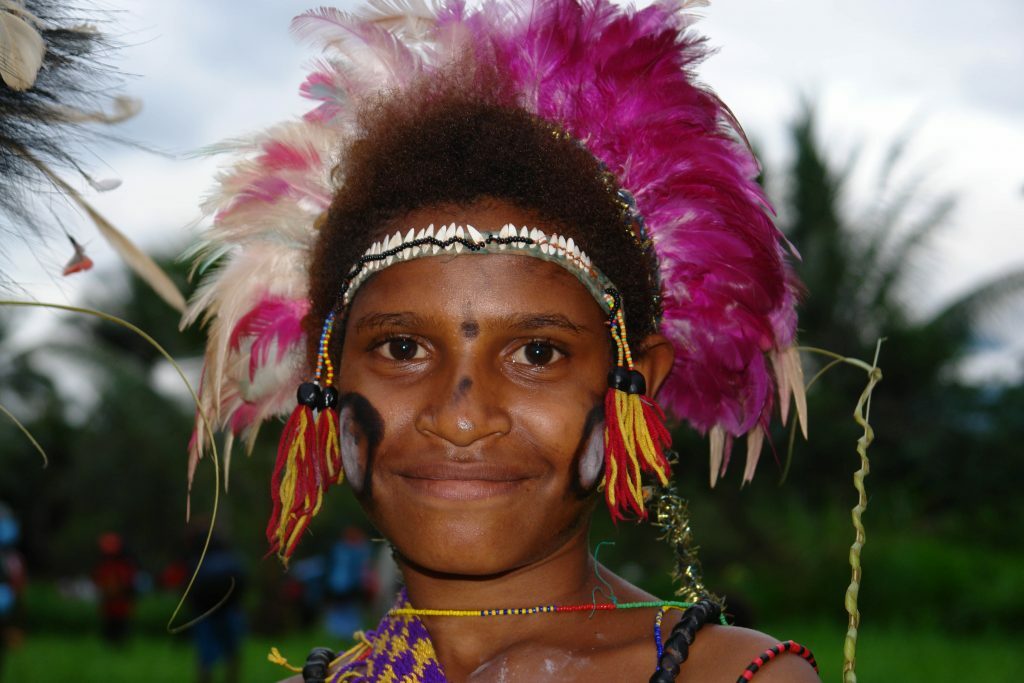
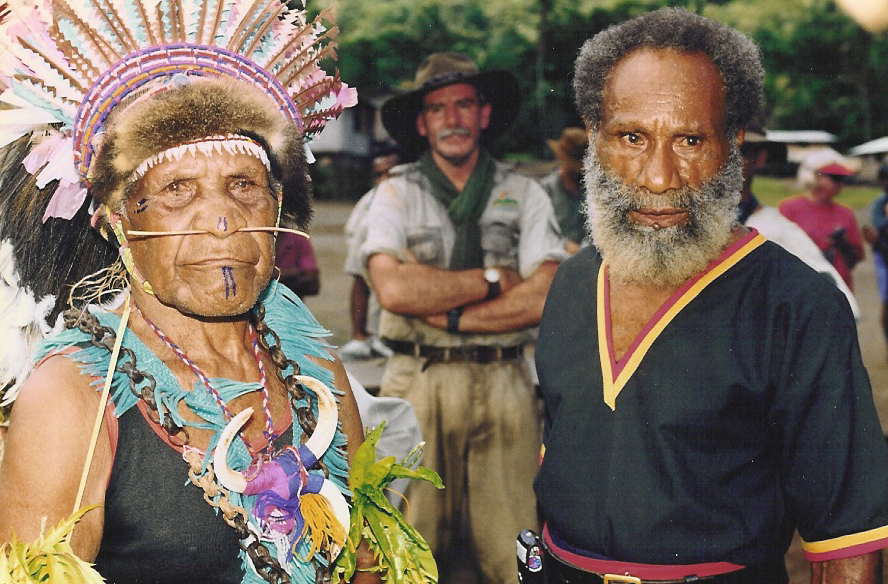

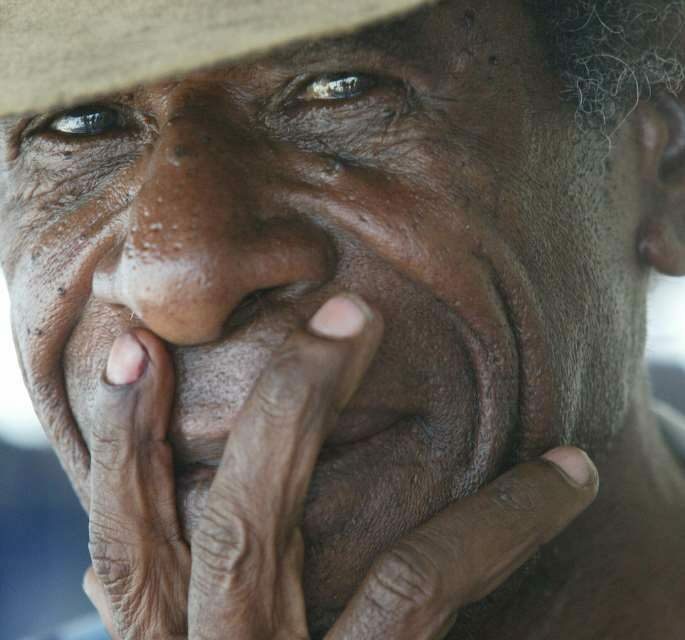


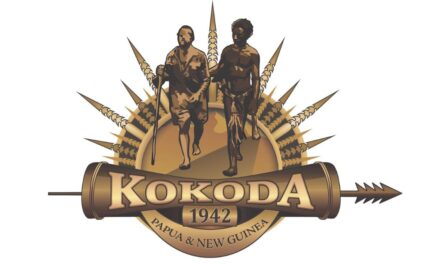
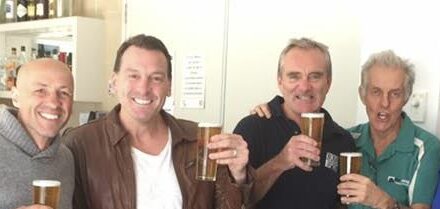
G’day Charlie,
I can see where you are coming from and have a concern. I will adress this first.
I would not want either Govt. to over regulate the Kokoda Track/Trail or have them modernise it or turn it into a walk in the park so to speak. This would destroy – in my view- one of the main attraction for trecking on the Kokoda.
I do strongly agree with the basis of your blog. There needs to be eco friendly toilets so as to minimise any destruction and unsanitary conditions the large number of trekkers may cause. this includes some form of rubbish disposal for all the alloy cans at the villages that sell coke etc. The road to Owers Corners should be left as is for the last 1 km. Walk from there. this is to stock vandalism of OC, which will occur if people can drive right up to the sight. The remainder of the road should be all weather for your stated reasons.
Track operators need to be accredited, end of story. This also includes some form of physical assessment of those who are going to walk/climb/crawl the Track. There definitely should be an emergency evacuation system in place- if I was younger I’d say carry the bugger out but age adds sense( I hope).
I do not know how but a camp site booking system is needed especially with the increasing numbers of people using the Kokoda.
My 2 biggest – and only- disappointments on the track are the lack of memorials/ information Plaques at the various battle sights and the villagers appear to receive nil help-hospitals, schools etc from the monies raised.
To start with this may just be training up nursing staff who can deal with most cases until a doctor can get in or patient taken to a hospital. This of course needs to be backed up with medical supplies and a reliable radio coms.
Education of not only the pikinninis but also the adults. Both in basic education as we understand it and in value adding to achieve the most out of what the treckers can provide + how to deal with Govt. people so they are not short changed. The last one is a tall order.
The displayed attitudes of both Govts indicates they do not fully understand the relevance of the Kokoda Campaign to PNG, Australia and in fact the whole Pacific Campaign. Imagine if the Japanese elite forces had of captured PNG, or had gone to the Solomon Islands. To me the the Militia units on the Kokoda esp. the 39th can claim to have walked with the Spartans.
Regards
Greg
Greg,
I have been trying to lobby for the upgrade of the road to Owers Corner for the past 18 years. Unfortunately it is going to take a major accident, and cost a couple of Australian lives, before the Australian government takes any action. It is a disgrace – and dangerous. Adventure Kokoda has a policy of carrying all rubbish off the track – a couple of other trek operators also do this but there has been no co-ordinated plan issued from the Kokoda Track Authority. Australians have been engaged with the Kokoda Track Authority for more than a year but we are yet to see a single outcome that contributes to the better management of trekking operations or any improvement in the health or education of the villagers along the track.
The common view amongst our trekkers is that the Kokoda experience is about the military significance of the track and it should be left as it is. The Australian government is yet to recognise this fact hence there is no thought or effort (that I am aware of) in regard to the development of a plan to design and build appropriate interpretive and commemorative memorials at significant sites along the track. There is much to be done and we will continue the campaign to ensure the military history of the track is not hijacked by the environmental movement and that it is developed in such a way that it will provide a sustainable income for the Koiari and Orokaiva people who live along it – after all they are the custodians of the land that is so sacred to us.
Thank you for your comments Greg – they are much appreciated.
Charlie
Charlie,
I agree 110% with everything you’ve written. It’s little wonder the villagers are puzzled about where the money goes – so am I! If it doesn’t begin to filter down to the grass roots, they will (correctly) not see any point in continuing to allow trespassers (even friendly ones) across their land. Given the apparent inability of the PNG government to deliver the goods, it’s surely up to Rudd et.al. to get things moving. It cannot be beyond the mind of man to devise some sort of direct action scheme that will bring obviously needed improvements for the villagers, and benefit those who want to trek Kokoda. Come on Canberra – how much is a sacred site worth??? Bore it up ’em, Charlie! Derek.
Derek,
The Department of Environment, Water, Heritage and the Arts have been given responsiblity for working with the PNG Government to establish a proper management authority for the Kokoda Trail. They have been working in Port Moresby for more than a year. There have been many visits from departmental representatives – many helicopter rides into villages – and I am sure there have been many meetings and much paperwork. I cannot recall a single outcome for either the trekker or the villager at this stage. Canberra seems to living and working in a parallel universe – just as the armchair generals and bureaucrats did in 1942!
Charlie
The villagers I met during my 2 treks are some of the most beautiful people on Earth. Australians should jump at the opportunity to assist – it’s very satisfying, and given our history in the area arguably a moral imperative!
Well summed up Charlie! I totally agree with your thoughts!
Surely the Aust. Government can see they have wasted 15 months plus lots of money and achieved absolutely nothing. Why can’t they get even basic medical suppliers to the villagers for a start. Why is it that all this money does not filter down to the villagers, to help better their lifestyle? Kevin Rudd has trekked the Kokoda track, surely he knows first hand that the villagers are not seeing one cent of the trekking fees. Come on Aust. help them out!
Charlie
Well done again Charlie. I couldn’t agree more – how delightful it was to arrive at a village and be greeted shyly but always warmly by the village people, particularly, the mothers and their children. I have now an absolute yearning to see that these people are treated fairly and to ensure that they see some benefits of the ever-increasing numbers of trekkers passing through their land. The Kokoda is a sacred place to many Australians and to be ignored by both Australian and PNG Govts. is a travesty. Perhaps if the Govt. were to take a leadership group on the trail, met the villagers, and put in the hard yards, they would have a fat greater appreciation of what the locals provide for so many, and what their ancestors did for ours so many years ago. Come on Kevin – let’s see some action. Keep at them Charlies.
Afternoon Charlie,
Thankyou for your efforts to bring the welfare of both locals and trekkers to the fore.
I feel accreditation is ESSENTIAL,some of these same people are now infiltrating Sandarkan, in Borneo. It is impossible for the general public to sift the chaff from the corn.
Toilets! the last thing we want is for the mountainside to look like Nepal or indeed Machu Picchu.
Good luck in all of your ongoing efforts.
michele nardi
Hi Charlie, I did the trek with you in 2007(April).There were eight of us together within thirty who were on the trek. The overwhelming reason we treked and most others do the trek is to experience in some way what the young of our nation experienced and pay respect to those who were willing to or gave their lives to defend our nation.The Kokoda Trek is sacred ground and should be treated as such by both nations.
I do not believe the trek should be made easier, as the conditions our boys experienced would be lost on future generations.
However, the toilet facilities are a disgrace.I have put a lot of trekers your way and the only advise I give is set your alarm an hour early and be first to the hole.
A system that regulates who is on the trek and camping sites should be a given. There will be blood shed one day as villagers object to non paying trekers on their land.
Charlie, you are a great story teller, and most of us did not have a dry eye listening to you, as I am sure many of your people are, however the next generation may not have the same story tellers, so , along the trek we need story boards that depict the events of both sides.( The Bone Man of Kokoda gives an insite into the Japanese thinking). We need these to preserve our history for future generations.
The other suggestion I would offer is the gun holes with the stacks of ammo around them need a protective covering around them, maybe heavy duty perspex.
Thanks Charlie, you are doing a great job.
Hi,
“One walk does not an expert make”, so I acknowledge my naiveté & concede absolutely to Charlie’s expertise.
Without dwelling on detail, a more global strategy helps me to crystallise my thoughts, which then provides the clarity required for dealing with the smaller issues.
1. I consider the trek a “walking museum”. As such, it should retain both its character and historical content whilst being informative and educational.
2. Our use of the track must not adversely affect PNG, the environment or, specifically, the locals.
3. With regard to the above, the health and welfare of trekkers is important.
4. From a business perspective, all parties with an interest need some relevant degree of involvement in the tracks management. The mandate is to deliver on the above points to the mutual benefit of all.
I know I’m stating the obvious, but get the big strategies right and the rest will usually (hopefully) fall into place. There is much to do. Good luck Charlie.
Regards, Wayne.
Charlie,
the difference between the mountain villagers and the Port Moresby inhabitants was quite dramatic. Having lived and worked with our own indigineous people in remote Arnhem Land, I know that there is no “silver bullet”. When western money becomes a larger part of their culture, but not the education on how to use it wisely, corruption increases 10 fold, and very few at the bottom end of the food chain benefit. Education and health systems, medicine, equipment and communication for those along the track would be a good start. I am concerned (having seen this happen before) that if we make the Kokoda Track area too “good” and too “accessable”, we may actually destroy the very thing we are trying to nurture.
I understand how close you are to these people, and how much you love and respect them, so I will trust your judgement and support you on how we move forward on this.
Regards
Dean
G’day Charlie, I could’nt agree with you more. Completing the Track at only age 15, I found it one of the most daunting and harrowing tasks I had ever attempted and completed.
Without the support of the most “loyal, gentle, helpful and pleasant group of people on this planet”, my time on the Track would’ve been a lot tougher and far less enjoyable.
Being able to play a game of rugby or soccer with the boys after a hard days walk was one of my most enjoyable experiences for me – the way they welcomed me into their group to have a game and tag along with them; even trying to set me up with tries and crosses.
It is just such a shame that the porters and villagers receive little or next to nothing from both the Australian and PNG governments, but is left to the organizations and trekkers to deliver such items as ‘school presents’.
I only hope the both Governments in the near future can change their outlook or perspective about the Track and give more back to those investing in it; but most importantly the villagers and those earning a living from the Track.
Cheers Brendan.
Charlie,
I have just returned from the exprience (AK908) 11 days ago,
Wow, what an eye opener it was indeed.
Port Morseby 1st
Western influence, rubbish, poverty, people lying around, RAZER wire, roads in disrepair. in one word YUCK.
Mountain country 2nd
Landing at Kokoda, people everywhere smiling happy faces and along comes the Health Nurse ( great start)
But It was distressing to see a wonderful Hospital built at Kokoda Village (well done to all who were involved) but thumbs down to not continuing the goodwill and maintaining medical supplies and staff to man it. We as do others leave any medical supplies we bring with Adventurer Kokoda to distribute to the correct people that really require the help.
People
The villagers were one of my personal highlights each and everyday during the trek, for example at Abuari we had a overwelming welcome from approx 100 women & children (sing sing) as these women where attending a Cooking & Sewing workshop ran by (AusAid) I think. This is an example of great work in a village that will be an advantage to these people.
Each village we entered they were trying to make a bit of money from us selling food & drinks with some having small trinkets as well.
Every village was clean and tidy and smiles galore, little kids high 5’s a vision I will never loose.
We were lucky to have porters who were very forward in explaining village life as they all came from them, when we entered a village where a porter was from it to me was like entering your own lounge room.
We AK908 all though it would be great to aid village income by having some village people trained in massage, as we and other would gladly part with $20-25 K for a basic leg rub.
I was impreesed to know how much effort Adventure Kokoda go to in respecting the village life, interaction and of course minimal impact on the environment and as someone above stated ” The walking, talking Museum to the past efforts to protect PNG & Australia.
Pay as you go not give the money to the governments to swallow up.
Reconition of the Fuzzy Wuzzy Angles
How can the Australian government spend billions on Bullshit and not spend loose change and ‘strike’ a medal for those who helped our soldiers STOP the Japanese.
Maybe because Ovoru has been given medals and badges from Trekkers that will do. Sorry thats so wrong.
Charlie keep bashing away and the more of us that travel the incredible Kokoda Track with you will assist in someway in helping maintain the culture and track so more people can see what so many gave to make us who we are today
Forever I will rememer my exprience
Wayno